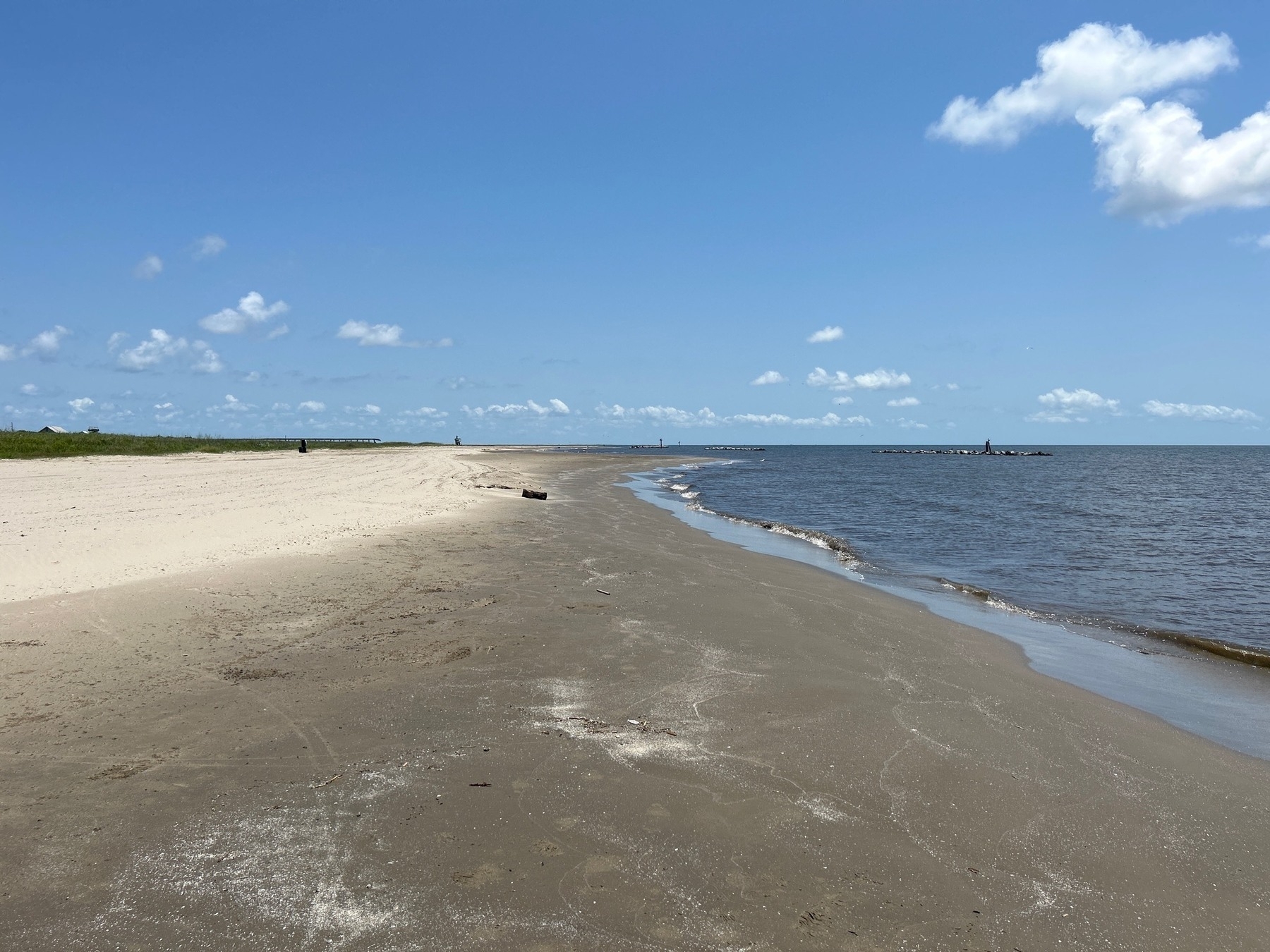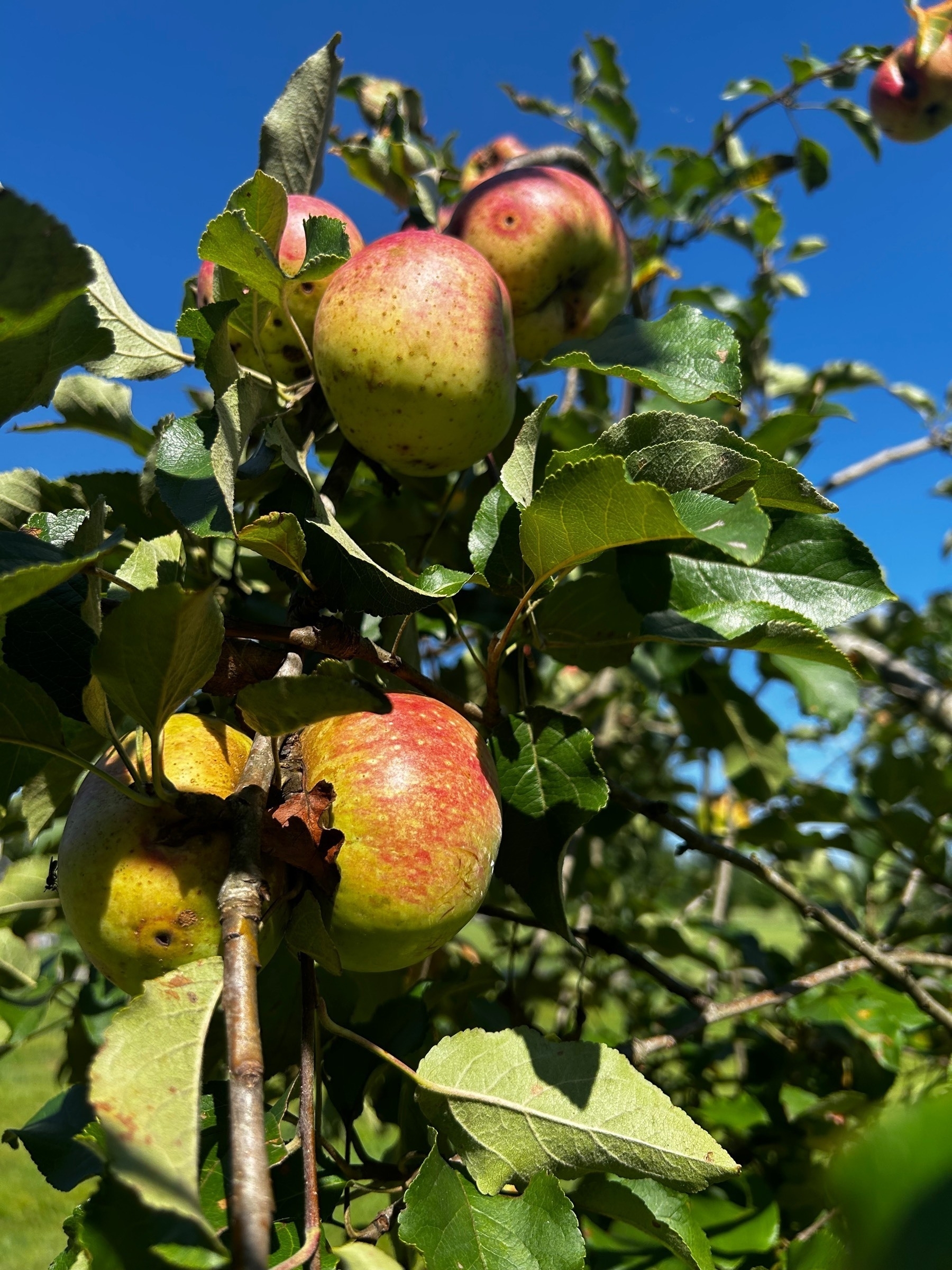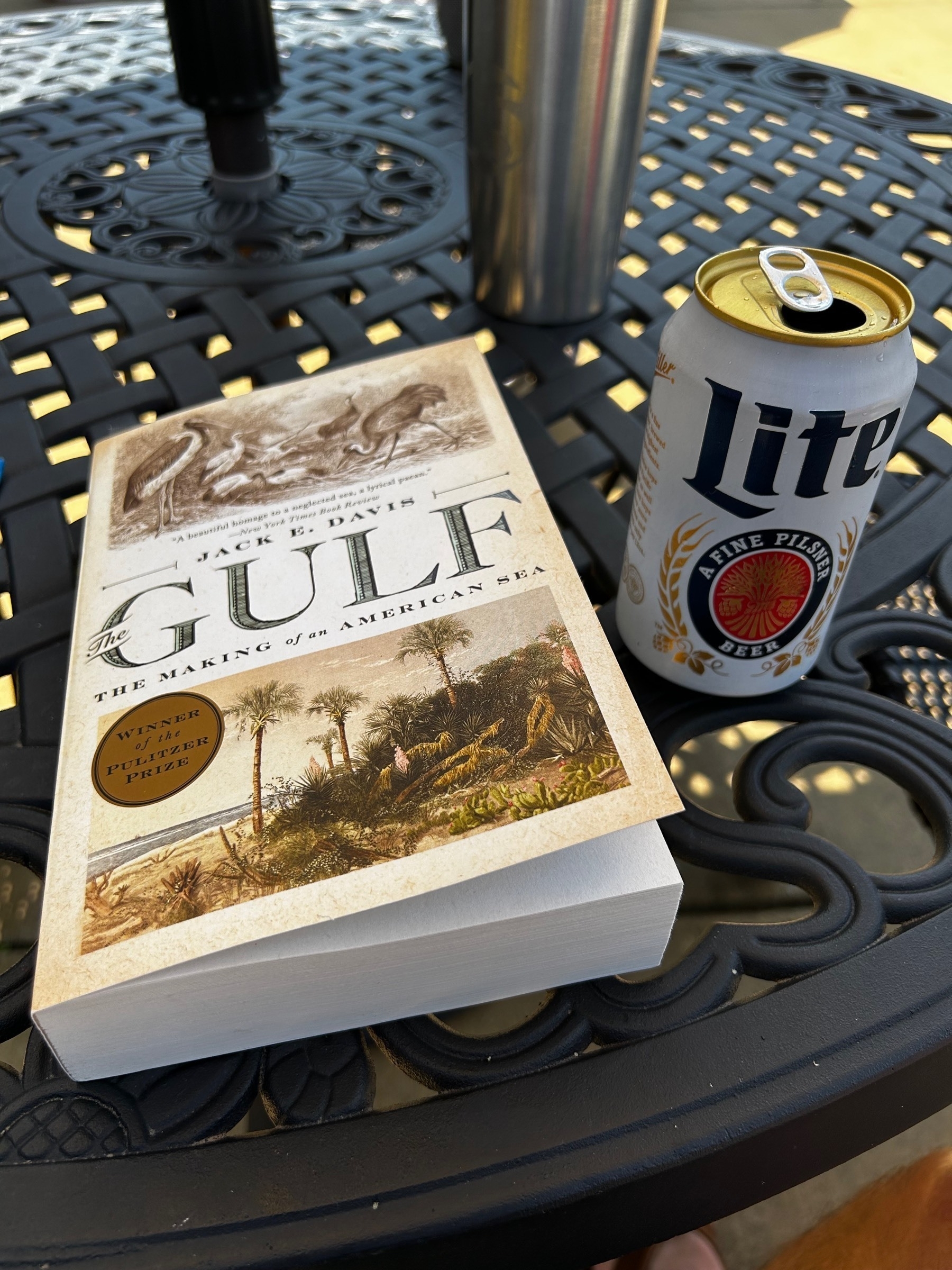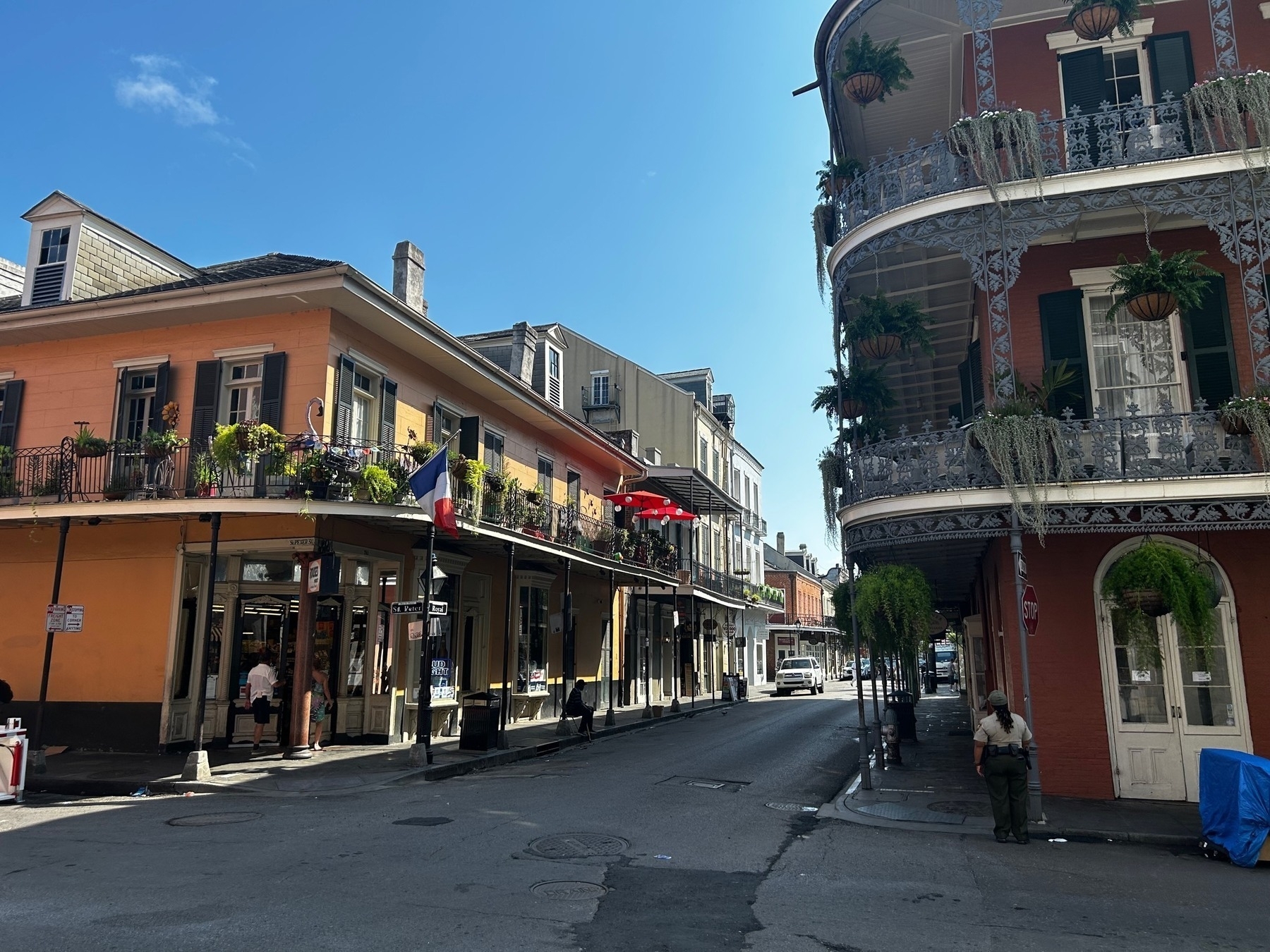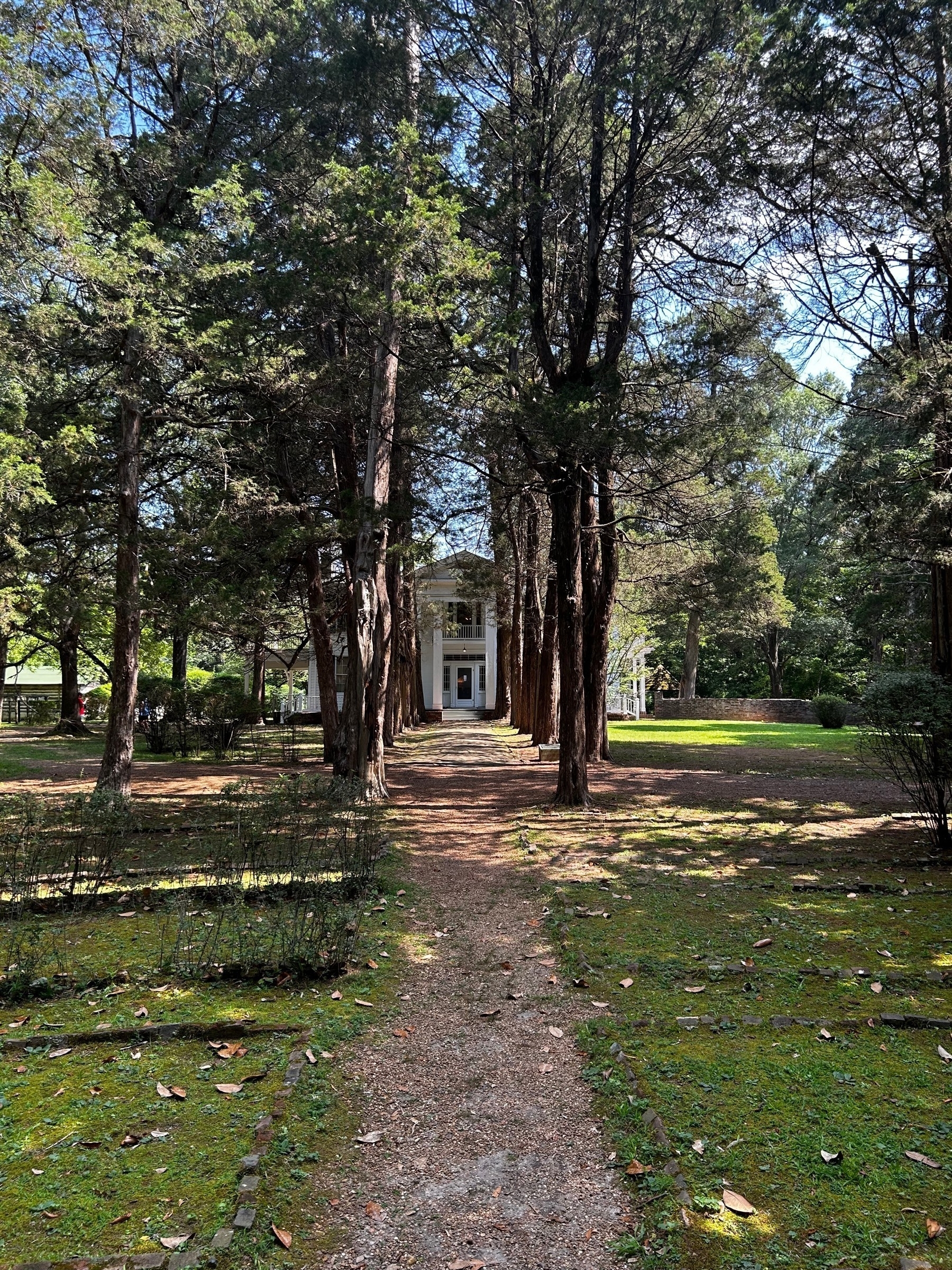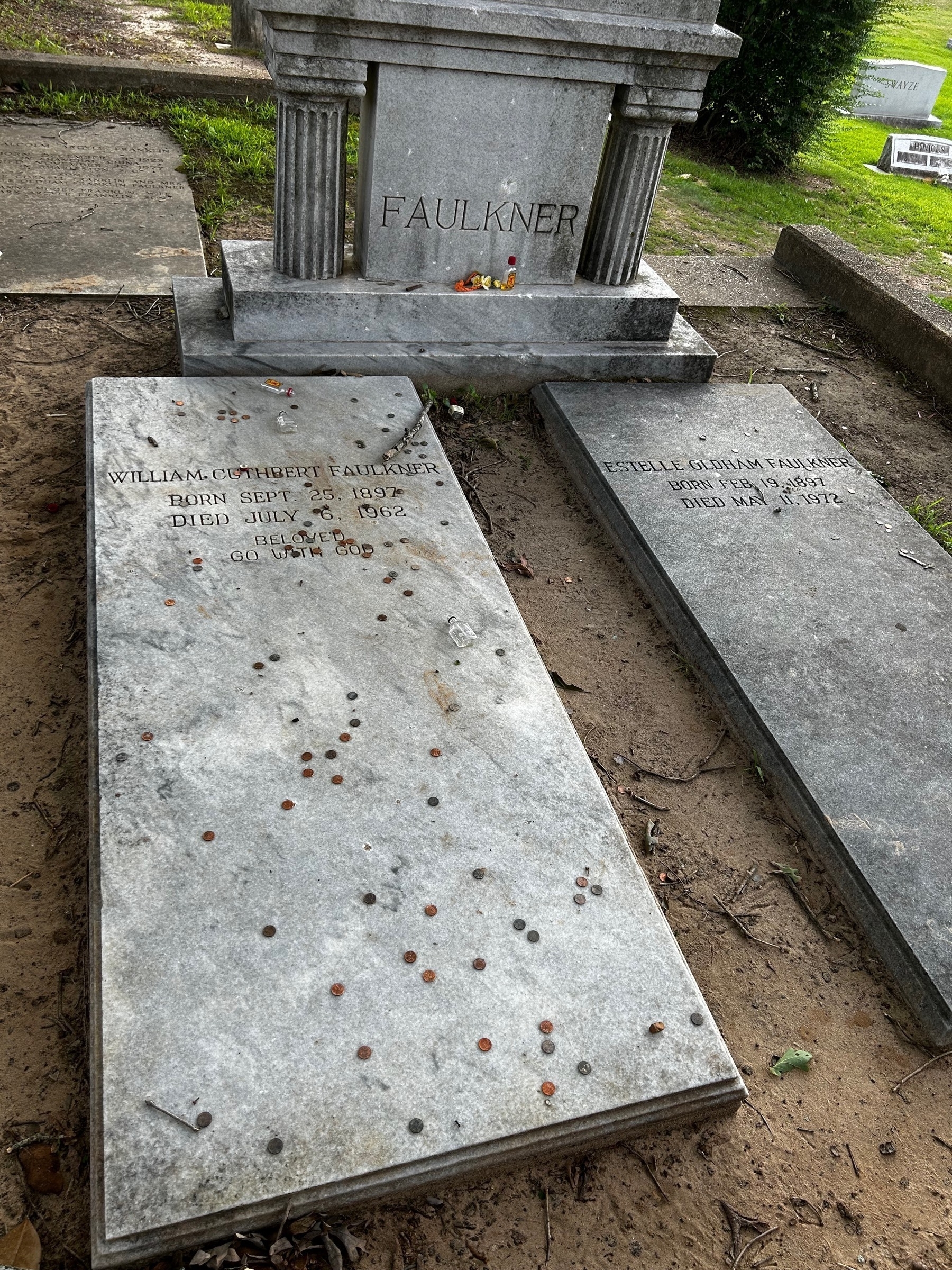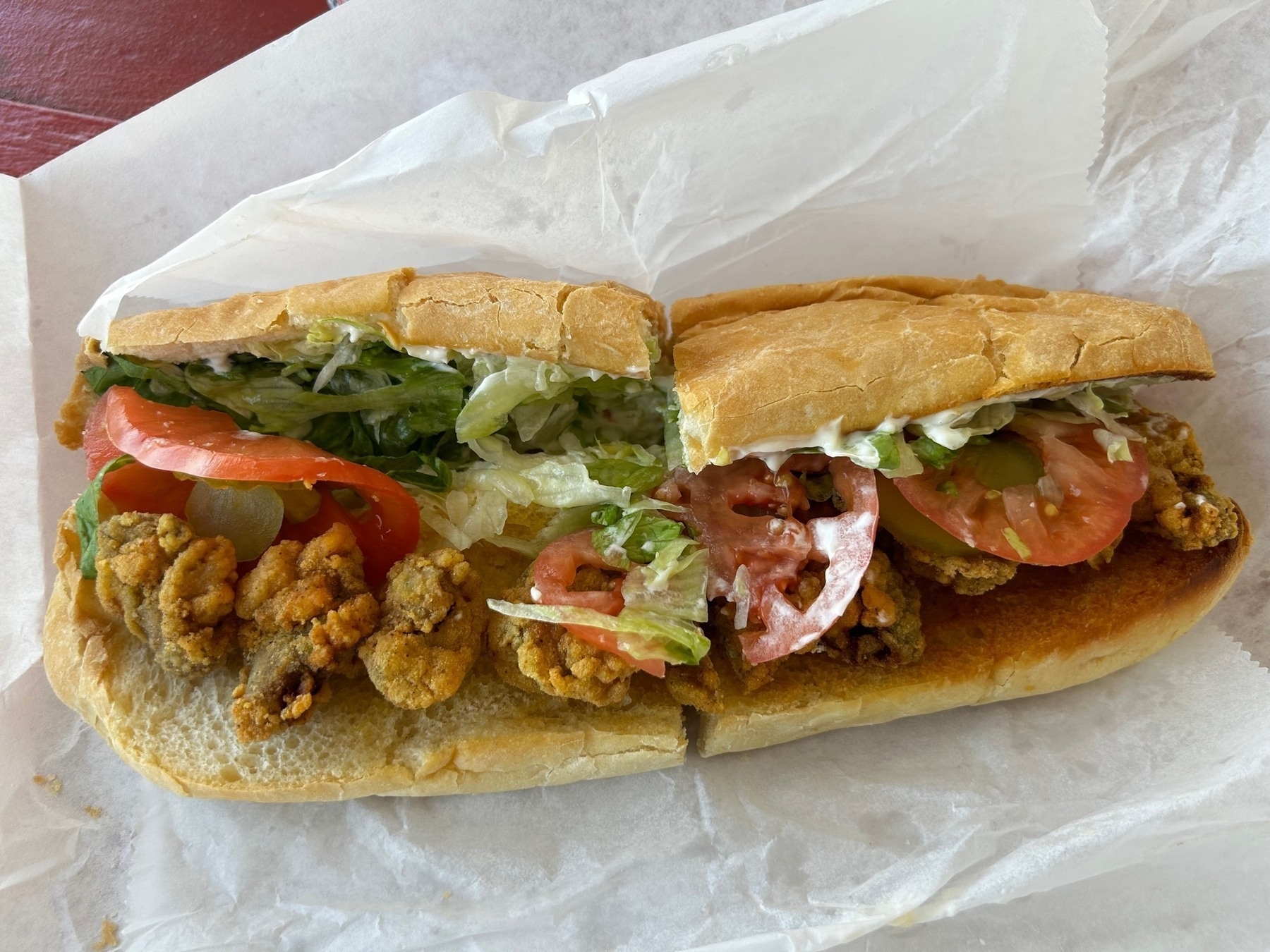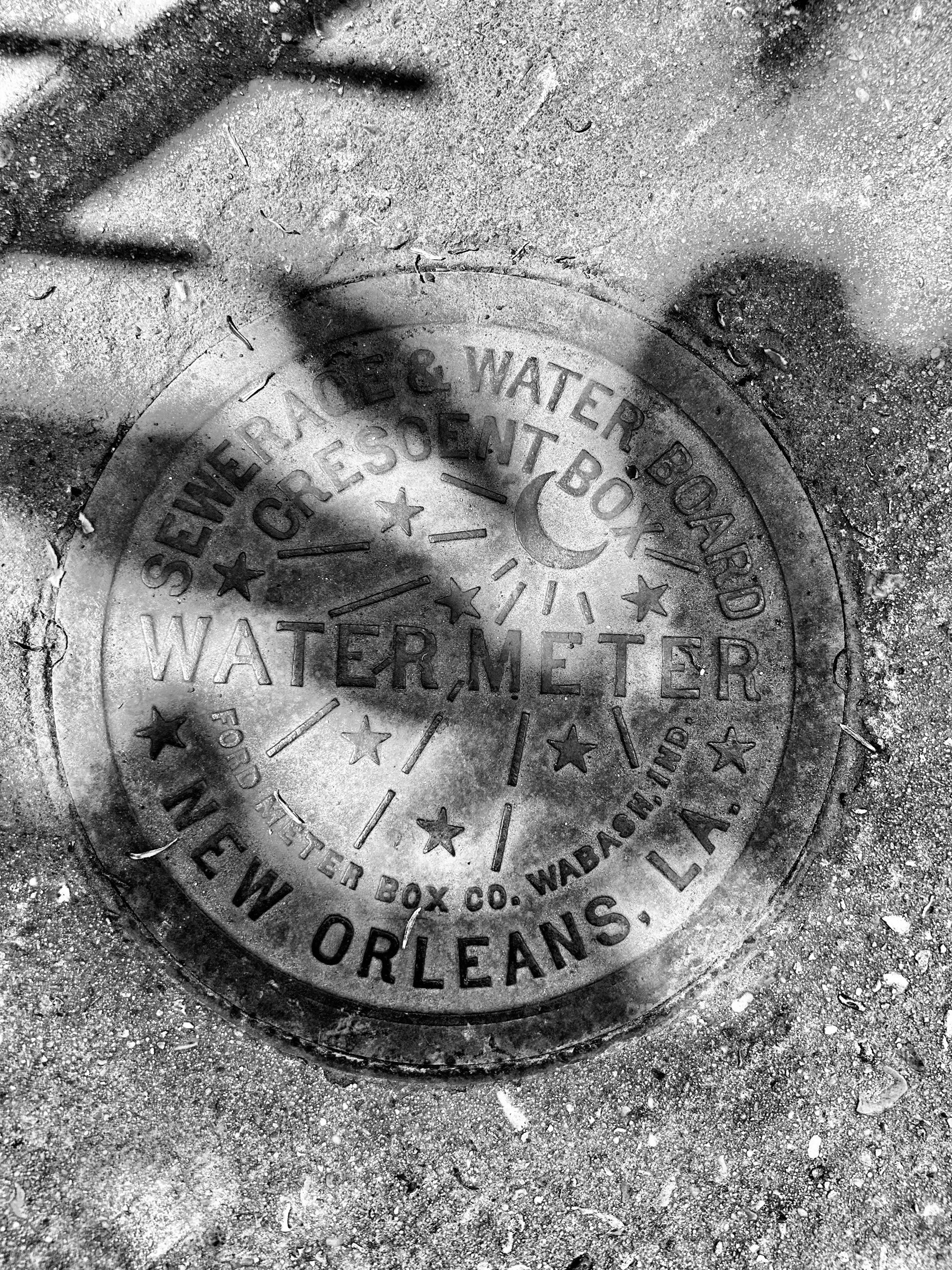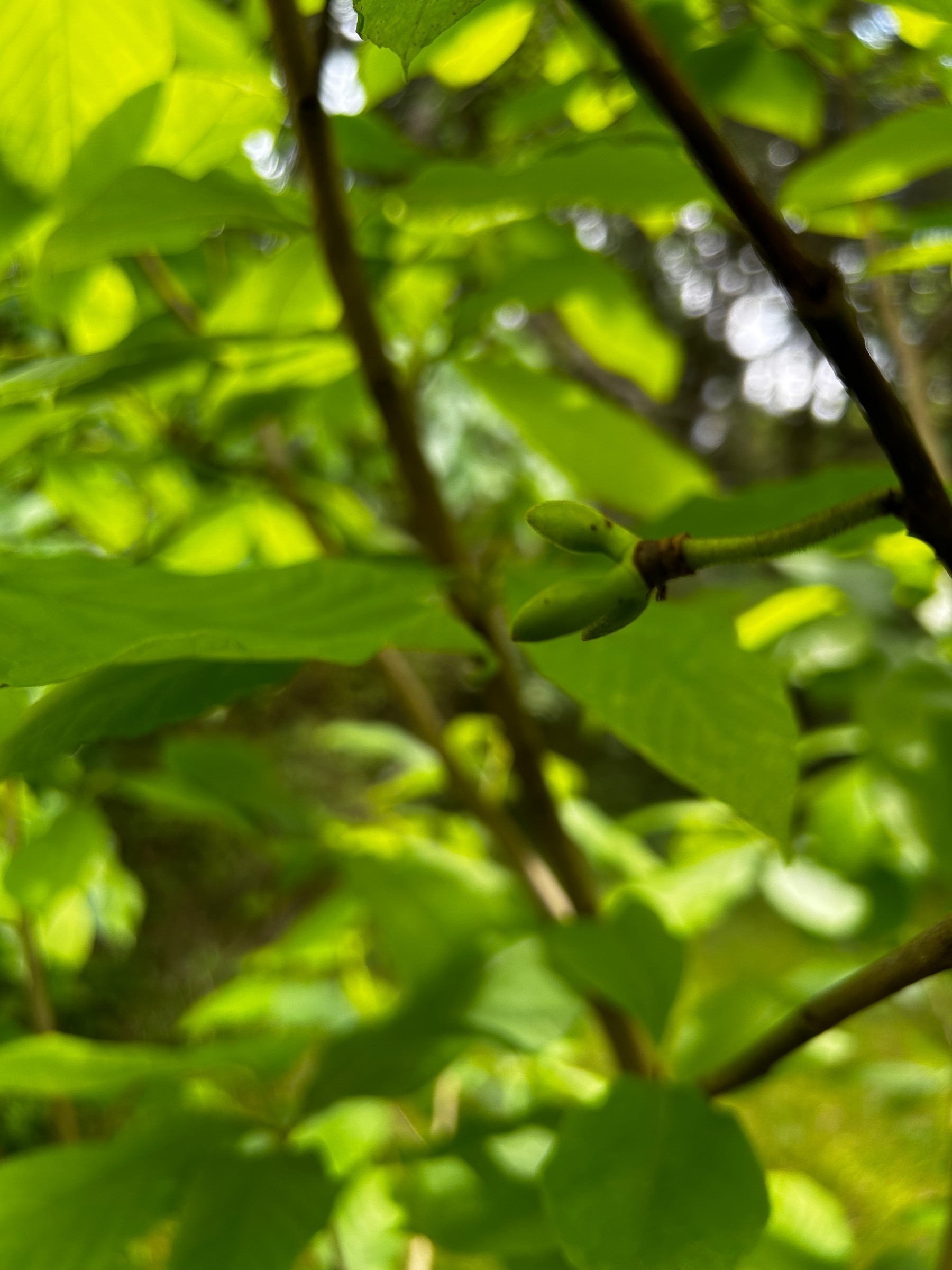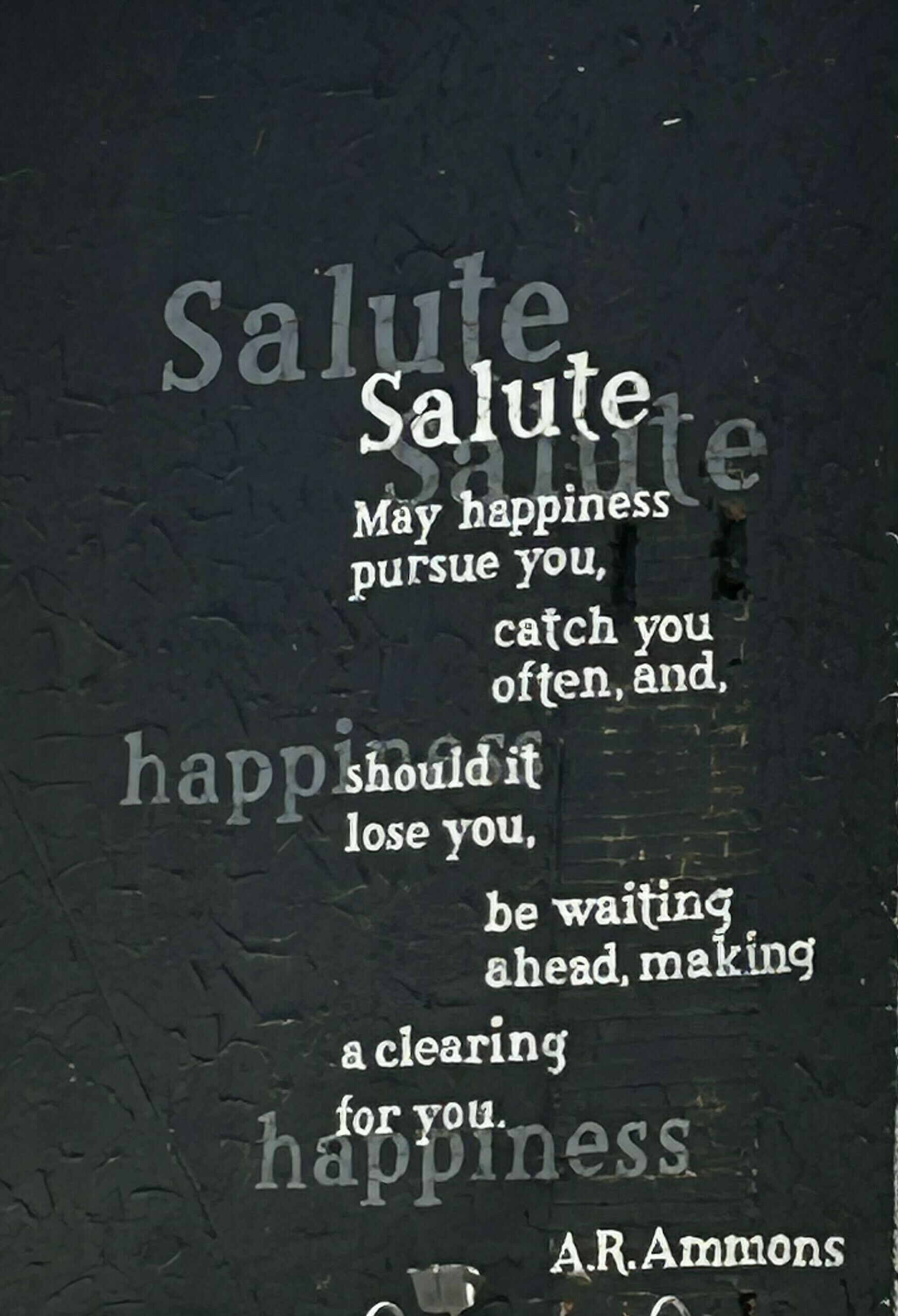The Sayings contain several mentions of anger and the importance of controlling it. Abba Hyperichius said that “the monk who cannot control his tongue when he is angry, will not control his passions at other times,” and Amma Synclectica reminds us that while struggle with anger is difficult, we should not allow the sun to set on it: ‘Why hate the man who has grieved you? It is not he who has done wrong, but the devil. Hate sickness but not the sick person.” Abba Poemen finally gives us an important insight into the movement of passions through the individual. When asked by a brother what it means to not ‘render evil for evil,’ Poemen answers:
Passions work in four stages – first in the heart; secondly, in the face; thirdly, in words; and fourthly it is essential not to render evil for evil in deeds. If you can purify your heart, passion will not come into your expression; but if it comes into your face, take care not to speak; but if you do speak, cut the conversation short in case you render evil for evil.
Evagrius also said, “Prayer is the seed of gentleness and the absence of anger.” If a monk cannot be free of anger without becoming practiced in prayer, then, as Douglas Burton-Christie writes, the reverse is also true: the desire for retaliation can embed itself so deeply into the individual's heart that prayer becomes impossible. While the ultimate goal is to eliminate anger completely from the heart, we can first work to eliminate the effects of disordered anger. To this end, it is imperative to arrest its movement. The first step is understanding the different kinds of anger and how they manifest themselves.
Thanks to C.S. Lewis, it has become something of a commonplace that the Greeks understood and named love in four different ways – erōs, storgē, philia, and agapē. In Cassian’s fifth conference, Abba Serapion describes the three kinds of anger. The first of these is thumos, which blazes up suddenly within. Next is orgē, manifesting itself in deeds and effects of indignation. This sort of anger may be vocally silent but quite loud in the slamming of doors and stomping of feet. Finally, there is mēnis, which like thumos erupts internally but is “held over for days and seasons.” Mēnis is an enduring anger; Greek lexicons refer to it as the wrath of the gods and worshipped heroes. All of these, Serapion tells us, must be condemned with equal horror. I find myself susceptible to all three, mēnis in particular. Apparently, I'm not alone - Cassian alludes to a similar weakness in Institutes, 8.XI:
...what is to be said of those persons (and this I am unable to mention without shame) on whose implacability even sundown itself places no limits and who draw it out for days on end?
Having named the species of anger and understood their movements from the heart, through the intellect, and thus outward to others, I entered into seven days of spiritual exercises ordered towards two ends. The first goal was to identify the occasions of anger and recollect myself quickly by naming the species and understanding its movement within. This activity serves a larger goal: cultivating patience with myself and others as I seek to eliminate anger at its roots within me. Genuine Christian patience, writes Michael Casey, breaks the inevitable transmission of hurt by receiving what is evil from others and absorbing it. Injuries are not repeated, and the endless cycle of mutual hurt is broken. As someone preparing for diaconal ministry configured to Christ the Servant, I desire to cultivate similar patience with others with the help of God’s grace.
My first reflection is that the systematic identification of anger as a principal vice was fruitful in two ways. First, the detailed understanding of thumos, orgē, and mēnis helped me classify the types of anger within me in ways that have eluded me. The psychological insights of the desert fathers increased my awareness that while anger is rooted within me, it is ‘activated’ from without, and as it ‘enters’ me, it ‘exits’ towards the others around me. Poemen’s description of the movement of passions also provided a sort of roadmap for arresting the movement – heart, face, speech, and deed. With God’s grace, each of these manifestations can be met in sequence, starting from eliminating the external deeds of anger deeds, then progressing inward toward the heart. This approach – working in small steps – provides against feeling overwhelmed by the generic advice provided by other desert fathers.
I had success remaining mindful throughout the day and frequently called Poemen’s word on patience ("Whatever obstacle presents itself to you, it can be overcome by patience.") to mind. The examen was a little hit-or-miss, but I intend to continue trying to make it a regular practice in my nightly devotions. My second reflection is the observation that this was an ideal time for attempting an exercise of this sort, as my personal schedule has suddenly become much calmer relative to the prior few months. This mercy I will credit to God’s providence. I have not yet removed the bracelet and will continue wearing it.
The general approach to this practice will be very useful in pastoral situations. I can imagine a course of readings on Evagrius and Cassian on the principal vices, situating them first within the desert movement and demonstrating that their psychological insights remain intact in the modern age. The later desert writings – Cassian in particular – also show a moderation that could temper the difficulty and opacity of some of the Sayings. Finally, the course would rely heavily on lectio divina based on the Psalms, which, as Athanasius points out, are the scriptures most suitable for recitation in the first person. Similar to this class, the final outcome of this process would be the individual’s identification of a concrete, accessible practice which remedies a particular weakness or inculcate a virtuous habit. This complete course may lend itself well to a retreat format, which would have the additional benefit of physical withdrawal to a place of relative solitude.
N.B. - this post was adapted from parts of a recent paper; for the sake of completeness, I've included the entire bibliography:
Athanasius. The Life of Antony and the Letter to Marcellinus. Translated by Robert C. Gregg. The Classics of Western Spirituality. New York: Paulist Press, 1980.
Burton-Christie, Douglas E. The Word in the Desert: Scripture and the Quest for Holiness in Early Christian Monasticism. New York, NY: Oxford Univ. Press, 1993.
Casey, Michael. “The Virtue of Patience in Western Monastic Tradition.” Cistercian Studies 21, no. 1 (1986): 3–23.
Cassian, John. The Conferences. Translated by Boniface Ramsey. Ancient Christian Writers, no. 57. New York: The Newman Press, 1997.
———. The Institutes. Translated by Boniface Ramsey. Ancient Christian Writers, no. 58. New York: Newman Press, 2000.
Evagrius. The Praktikos and Chapters on Prayer. Translated by John Eudes Bamberger. Cistercian Studies Series, no. 4. Spencer, Mass: Cistercian Publications, 1970.
Ward, Benedicta, ed. The Desert Fathers: Sayings of the Early Christian Monks. Penguin Classics. London ; New York: Penguin Books, 2003.
———. The Sayings of the Desert Fathers: The Alphabetic Collection. Revised. Collegeville, Minnesota: Liturgical Press, 1984.
